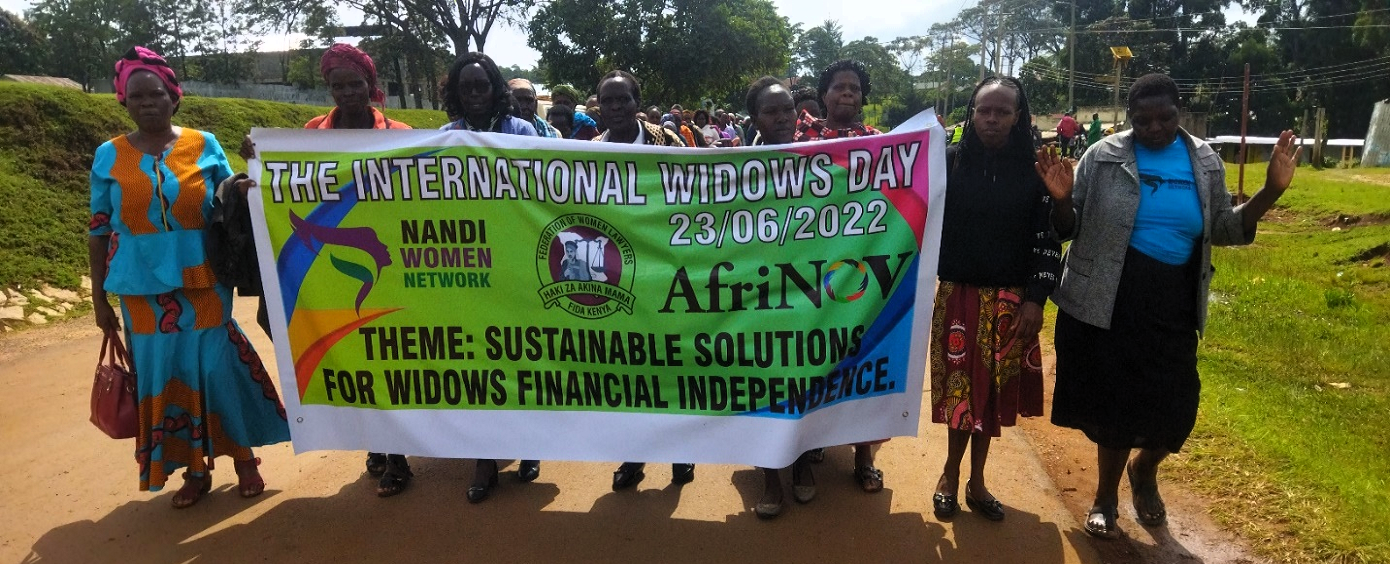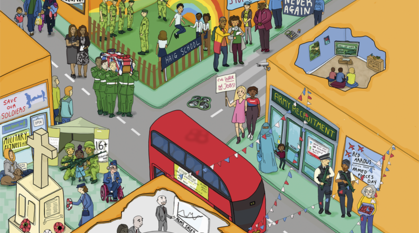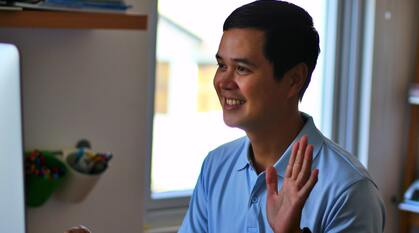Challenging social injustices in the midst of political and economic challenges in Kenya
Benard Agona shares how war in Ukraine, global food prices, the Covid-19 pandemic and climate change are all putting pressure on ongoing peace work in Kenya.
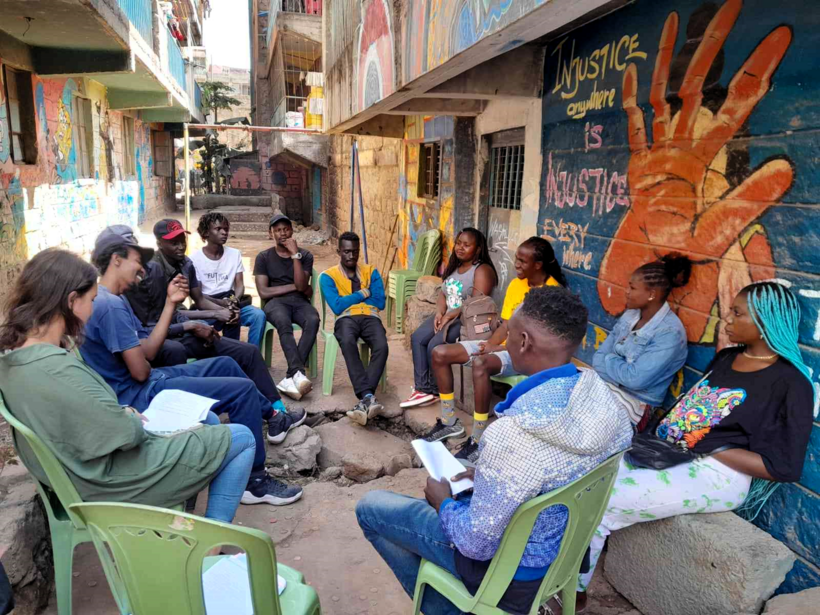
When Turning the Tide (TTT) was introduced to Kenyan communities in 2010, the reception was overwhelmingly positive. TTT was conceived as the best peacebuilding approach because it deals with the root causes of conflicts and violence in East Africa. Requests for the programme have been increasing every year.
From the first nonviolence training and campaigns in Western Kenya, the programme has spread to 8 different counties in Kenya and eventually crossed the borders to Rwanda and Burundi. TTT is implemented in Kenya by Africa Center for Nonviolence and Sustainable Impact (AfriNov), supported by Quakers in Britain.
For any successful peacebuilding programme there needs to be adequate resources – monetary, material and human. Turning the Tide programme invests a lot in human resource through in-depth training for skills, knowledge and mentorship. The programme works with community groups to build their capacity for sustainable and effective change.
Adapting to the Covid-19 pandemic
All was working well until the Covid-19 pandemic came in 2020. The government imposed some necessary restrictions to prevent the spread of Covid-19. This affected the progress of our nonviolence work with communities. It was not easy to follow up on campaign activities and we could no longer meet physically in huge numbers. We resorted to the use of social media campaigns which limited us as most of our trained community resource people did not have smart phones or could not afford phone costs.
We used local radio and television to reach out to local and grassroots communities to continue with community awareness on citizen rights. This was not sustainable due to cost. We also decided to support community groups, especially youth-led groups, who could use art as a means to campaign for social change. This worked really well in the urban set up where we have many buildings on which to write, draw or paint peace messages and challenge social injustices, but not so much in the rural set up.
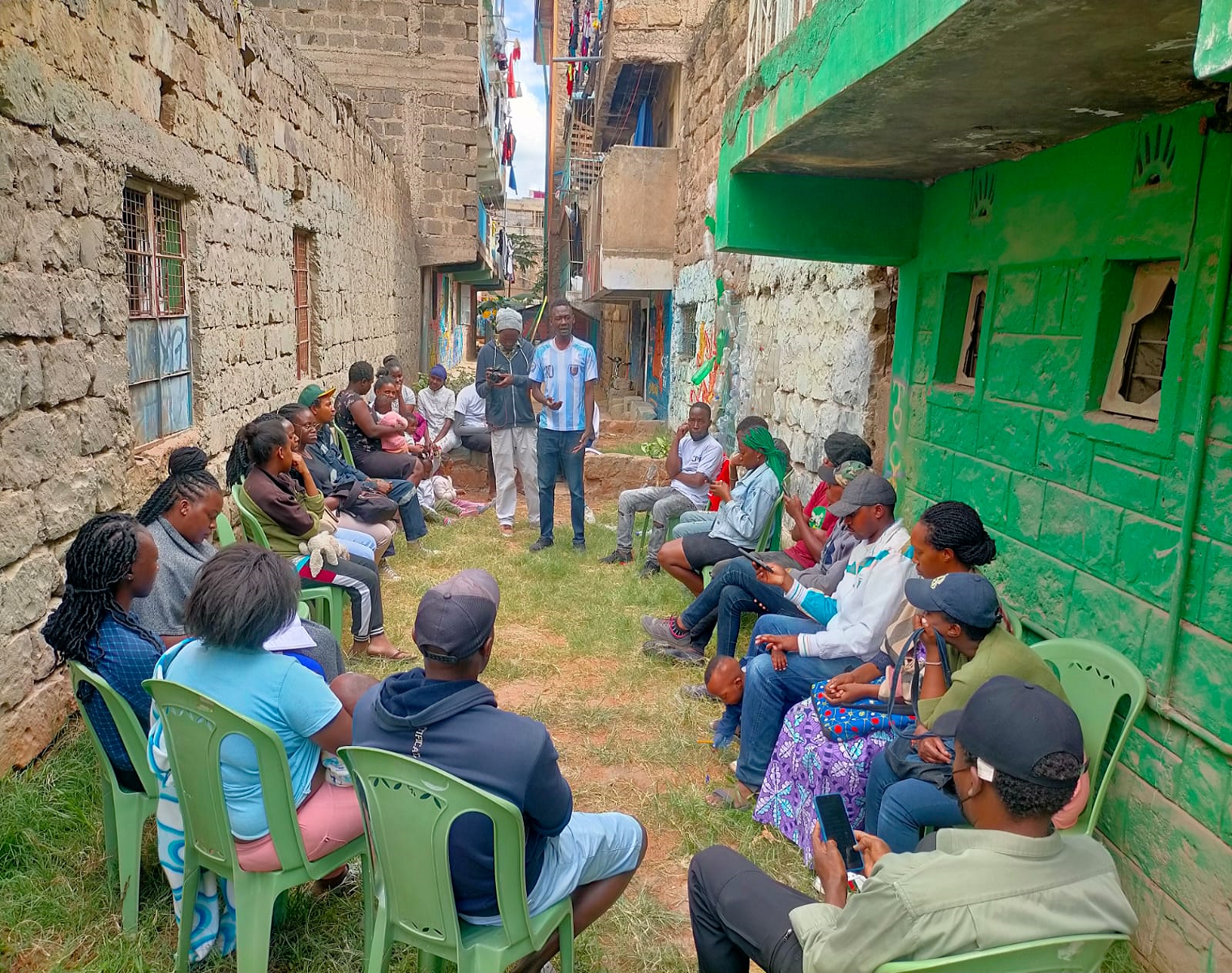
The impact of the Russia-Ukraine War
As if that was not enough, the economic strife exacerbated by the Ukraine – Russia war which has caused a surge in global food prices (such as wheat prices up by 40%) continues to impact our nonviolence work. The huge increase in the price of food and fuel, coupled with drought that has affected the internal production of maize and wheat, means many of our volunteer community resource people have been forced to look for more work to fend for themselves and have limited time to support our community-initiated nonviolence campaigns. This ultimately affected the effectiveness of the campaigns, with many stalling or not yielding much. On the other hand, working with hungry community members of groups is challenging.
Community resource people were asking for a token of money to stay involved in any given activity. With our limited funds it is not possible to meet this need. Consequently, most activities are poorly attended, and even those who attend cannot stay long. They ask to be released early enough to go and fend for their hungry families. When political campaign time came, it was even worse. People preferred to attend political rallies where they are given handouts than attend our nonviolence campaign activities that are voluntary.
The context means it has been harder to offer the long and in-depth trainings needed to develop lasting skills in nonviolence, yet it's through trainings that groups are equipped with the tools and skills to act nonviolently in addressing the inequalities in their community. It has become very difficult to have consistency in campaigning. Building a strong network of people who can advocate strongly for social justice needs many training sessions with groups to build strong movements. This has become next to impossible and so we've had to adapt to this difficult context, this has included working alongside others to share resources.
Partnership for change
Building partnership provided another way to advance our peacebuilding work. This involved identifying likeminded local and international organisations to work with. Some local groups have been kind enough to contribute resources – such as sharing grassroots-based offices for training and meeting venues or finding local alternatives. This has been possible as a result of good relationships between local groups and AfriNov. We have not presented ourselves as a donor, rather as partners in development.
Financial literacy for economic empowerment
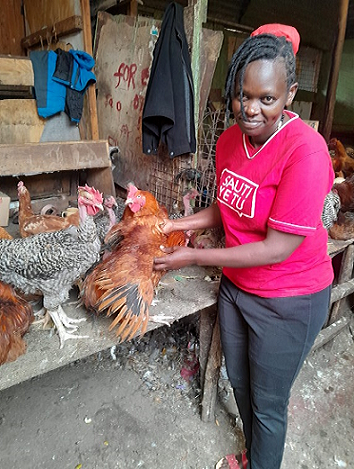
In order to build the capacity of groups in income generating activities, AfriNov decided to identify some of the groups with economic empowerment activities for finance literacy awareness and training. The training and awareness aim to share some basic finance management skills and awareness that will enable groups to be economically stable. This is to enhance the sustainability of the groups in handling social injustices.
The challenge now remains inadequate funds to be able to train more groups that have registered their interest for the training.
